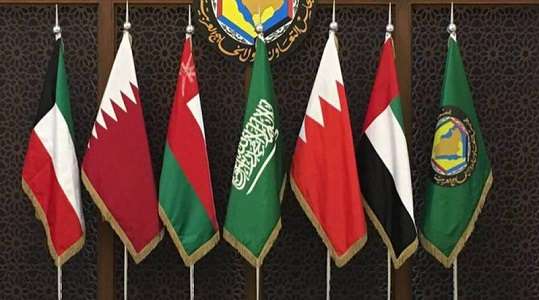The director of the Middle East and Central Asia Department, Jihad Azour, explained that the Middle East region would witness a variable economic recovery from the (Covid-19) pandemic, as its countries move at a different pace to obtain vaccines against the disease, as well as the different ways to address the pandemic in terms of fiscal policy across the region.
The oil-rich Gulf Cooperation Council states have concluded bilateral agreements with several vaccine-producing companies, but fragile, conflict-afflicted countries with limited health-care capabilities depend on the limited coverage provided by the Kovacs mechanism designed to ensure equitable distribution of vaccines (Covid-19) of the World Health Organization, which may delay the widespread availability of vaccines to the second half of 2022.
The IMF expects Arab countries to grow 3.1 percent this year, and 4.2 percent next year. The IMF revised its growth forecasts for the Middle East and North Africa region due to stronger than expected performance of oil-exporting countries and the failure of some countries to go through a second wave of the "Corona" pandemic, which boosted non-oil economic activity in these countries.
Azour said that this year we expect a recovery after 2020, which was an unprecedented year, as the region faced one of the most severe double shocks, noting that we are in a period of uncertainty and the race between the virus and the vaccine will determine the pace of recovery. Depending on access to the vaccine, this pace of recovery will vary between countries.
Source (Asharq Al-Awsat Newspaper, Edited)

